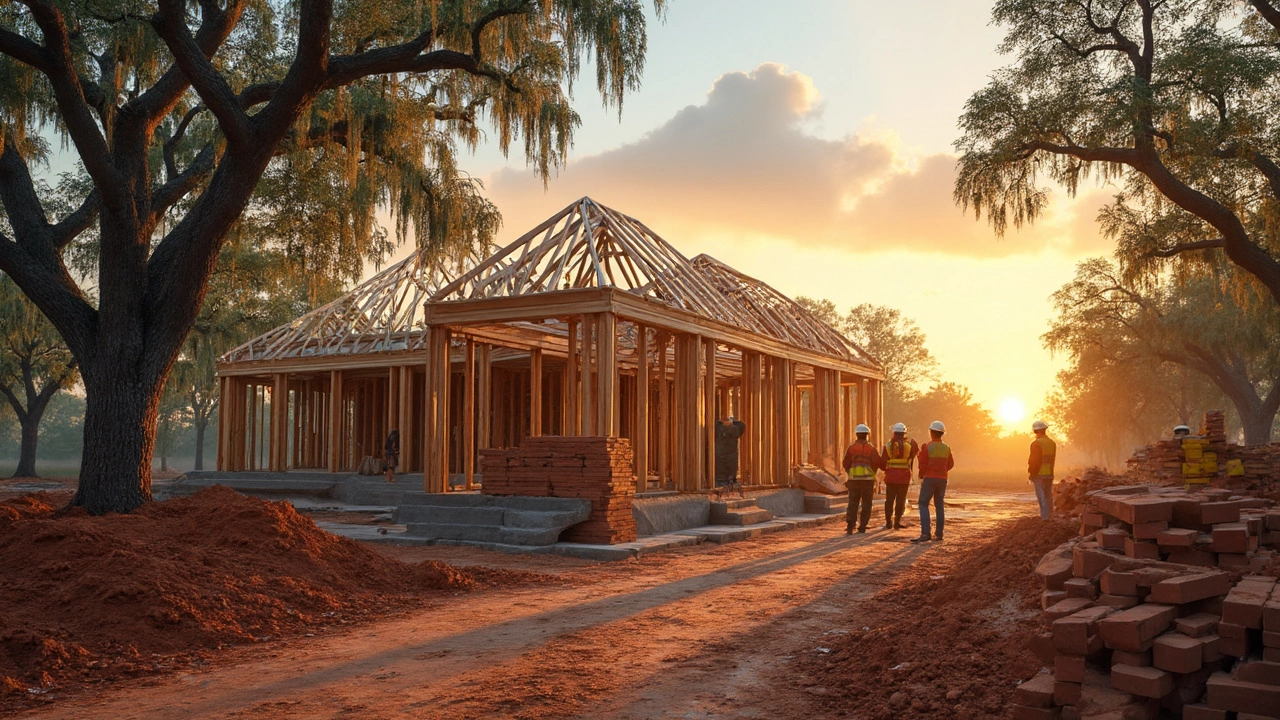Home Building Tips You Can Use Right Now
Thinking about building, extending or renovating your home? You don’t need a degree in engineering to make smart choices. Below are straight‑forward tips that help you avoid costly mistakes and keep the project moving.
Planning & Budgeting
Start with a realistic budget. List every expense – land, foundation work, materials, labour, permits and a 10‑15% contingency for unexpected issues. Use online cost calculators or ask a local builder for a rough estimate. Knowing the total upfront stops nasty surprises later.
Check planning permission early. In the UK many small extensions fall under Permitted Development, meaning you can skip a full application if the new build stays within size limits. A quick search on your council’s website tells you whether your project needs a permit or not. If you’re unsure, a brief chat with a planning officer can save weeks of waiting.
When buying a plot, look at the ground conditions. A soil test reveals if you have clay, sand or a high water table. Bad soil often leads to foundation cracks later on. If the test shows potential issues, budget for a stronger foundation or specialist cement – it’s cheaper than repairing cracks after the house is finished.
Construction Basics & Common Pitfalls
Pick durable materials. Brick, engineered timber and concrete blocks prove their worth over decades. For roofs, choose roofing felt and quality tiles that resist weathering. Investing in better materials now means fewer repairs down the line.
Watch the foundation crack size. Cracks under 0.3 mm are usually harmless, but anything wider can signal movement. Regularly measure cracks with a simple ruler and note any growth. If a crack widens quickly, call a structural engineer before the problem escalates.
Don’t underestimate the settling period. New builds can settle for up to two years, especially in soft ground. During this time, keep an eye on doors that stick or windows that won’t close properly. Small adjustments early on prevent expensive re‑works later.
Consider future upgrades while you’re planning. Leave space for electrical wiring, plumbing and insulation that meet modern standards. Adding these later often requires tearing down walls, which can double costs.
Finally, hire the right contractor. Look for builders with solid reviews, proper insurance and a clear contract. A good contractor explains each step, provides timelines and sticks to them. If something feels off, trust your gut and interview another trade.
By following these tips – budgeting wisely, checking permissions, choosing strong materials and monitoring the foundation – you’ll keep your home build on track and avoid the biggest headaches. Anything else you’re unsure about? Drop a comment or reach out to a local expert. Happy building!

